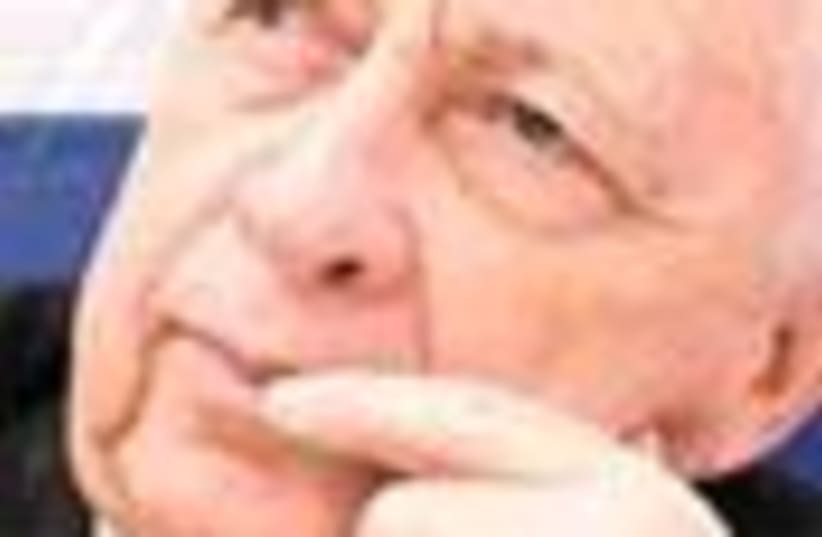| More about: | George W. Bush, Israel, Yisrael Beiteinu, National Union (Israel) |
Sharon changes the map again
The electorate will go to the polls in the spring with 3 choices: right, left and center.


| More about: | George W. Bush, Israel, Yisrael Beiteinu, National Union (Israel) |